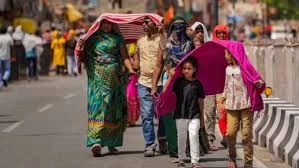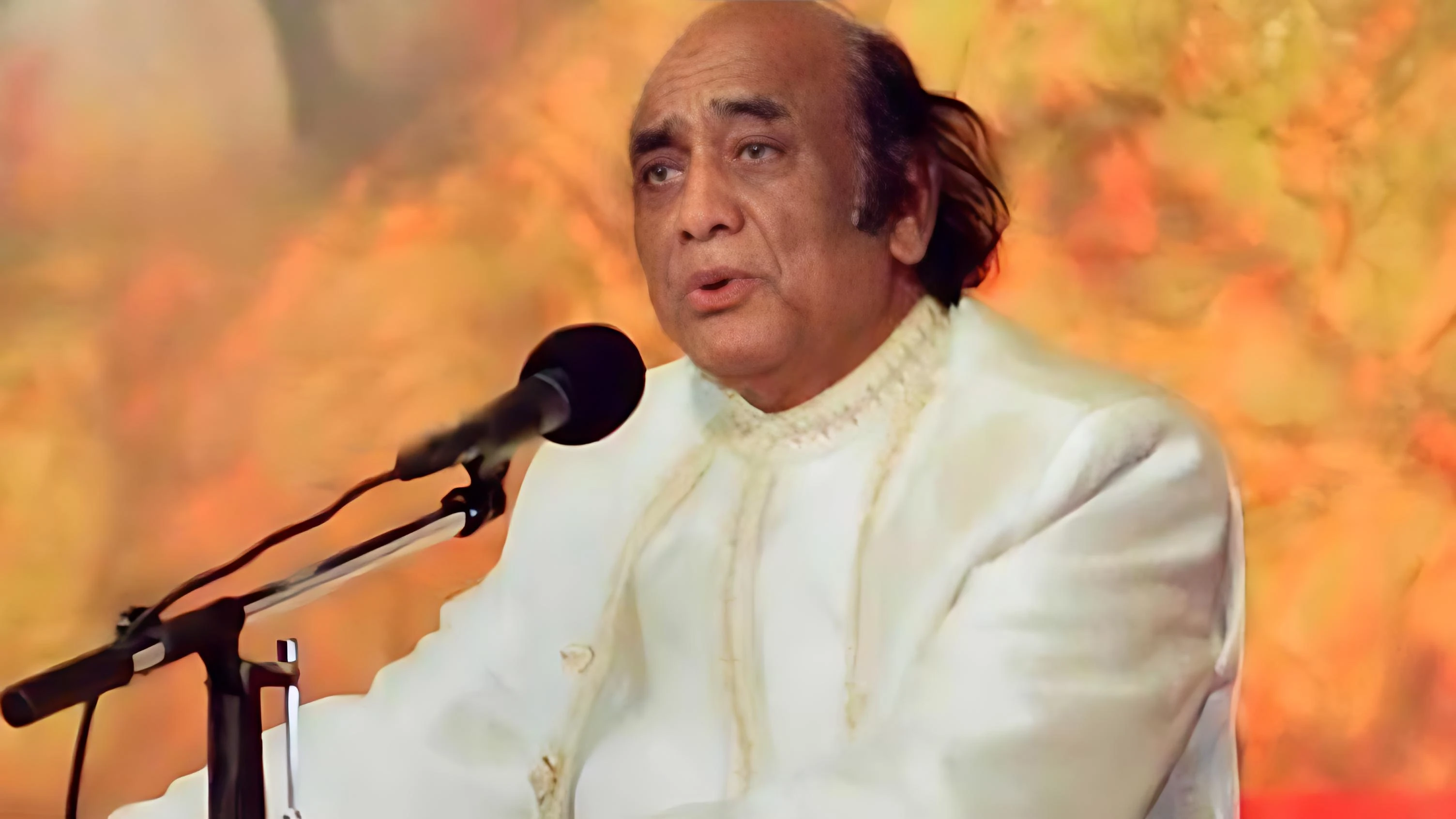New Delhi/Islamabad: This June, Delhi is sweltering under an intense heatwave, prompting health experts to issue urgent warnings. Temperatures have soared above seasonal averages, causing an increase in heat-related illnesses.
Doctors across Mumbai and the National Capital Region have reported rising cases of dehydration, dizziness, fainting, and fatigue, especially among children, senior citizens, and those with pre-existing conditions.
Dr Rituja Ugalmugle from Wockhardt Hospitals in Mumbai Central said people must drink water regularly, even if they don’t feel thirsty. She warned against stepping outside during the peak heat hours of 12 to 4 p.m.
She recommended wearing light, cotton clothes and a damp cloth nearby to cool down when overheated.
Dr Amit Saraf of Jupiter Hospital in Thane confirmed a seasonal surge in patients suffering from weakness, dehydration, and heat exhaustion. He advised the public to consume coconut or lemon water with a pinch of salt to restore lost minerals.
He also suggested eating light meals like fruits, salads, and curd instead of heavy, heat-producing foods.
The heatwave has caused growing concern due to its potential to trigger life-threatening heatstroke. Symptoms like muscle cramps, rapid heartbeat, confusion, and nausea are warning signs.
Experts say anyone showing these symptoms must be moved to a cooler place and given fluids immediately. If symptoms persist, medical attention is necessary.
Doctors say these simple steps—hydration, rest, proper clothing, and diet—can prevent severe health issues. The rising temperatures have made it crucial to follow preventive measures closely.
Across the border, Pakistan is facing a parallel crisis, with regions like Sindh and Punjab experiencing scorching temperatures surpassing 50°C (122°F). Authorities have issued red alerts in several districts as hospitals report a sharp rise in heatstroke cases. Schools in some provinces have been temporarily shut down, and emergency cooling centres are set up to help vulnerable populations cope.
Meteorological departments in both India and Pakistan have attributed these extreme conditions to persistent high-pressure systems and delayed monsoon patterns.
Experts warn that ignoring symptoms or delaying treatment could have dangerous consequences. As Delhi, Pakistan, and other parts of South Asia brace for even hotter days, public awareness is key to staying safe.
Doctors described how dangerous heat waves can be. This underscores the importance of community care, early detection of heat illness, and practical habits to protect health in extreme weather.
With climate patterns becoming more unpredictable, experts believe education and preparedness are essential to saving lives.








